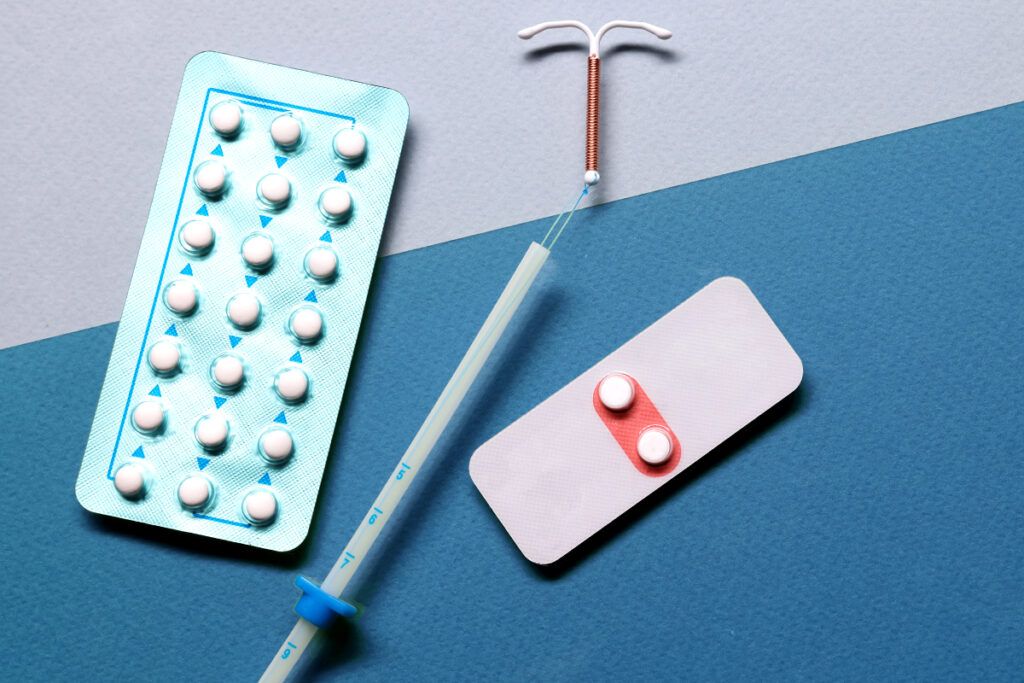Countless types of birth control are available, from hormonal to pills to nonhormonal intrauterine devices (IUDs) that prevent pregnancy. In some cases, you may want to stop taking birth control, such as if you want to have a child.
Knowing when to stop taking birth control is a very personal decision that may stem from your own goals and lifestyle needs.
You may choose to stop taking birth control for several reasons, including:
Beginning menopause
Menopause is a natural process that people who menstruate will experience. During menopause, female reproductive hormones, such as estrogen and progesterone, continue to drop. This causes fertility to slowly decline.
You typically reach menopause after going without a menstrual period for 12 continuous months. You may experience random and disrupted menstrual cycles and menopause symptoms before this. This is known as perimenopause and can begin at around 40 years old.
Menopause may also occur early, as a result of surgeries like hysterectomies or treatment like chemotherapy. This is known as induced menopause.
Experiencing symptoms of menopause does not mean you can stop using birth control methods to prevent pregnancy. Until menopause is confirmed by 12 months without a menstrual period, you will still need to use birth control if you wish to prevent pregnancy.
Wanting to conceive
One of the most common reasons someone may choose to stop taking birth control is if they want to get pregnant.
If you stop taking hormonal birth control, you will generally experience the following:
- Birth control patches: When you stop using the patch, it may take some time for your cycle to return to a pre-birth control state. You may begin ovulating again 1–3 months after you stop. A common example includes norelgestromin/ethinyl estradiol (Xulane).
- IUDs: After the removal of an IUD, you can typically conceive immediately. A common example is Mirena.
- Birth control pills: Each birth control pill option affects your cycle in different ways. If you take the combination pill, your cycle will return within 3 months after you stop. If you take the progestin-only pill, you will be able to conceive within weeks after stopping your medication. This is because it does not prevent ovulation, unlike other pills. Common examples are levonorgestrel ethinyl estradiol (Tyblume) and norgestrel (Opill).
Need a prescription or refill for birth control medication? You can get discreet and expert on-demand care in as little as 15 minutes through Optum Perks with no video or appointment required. For $25, answer a few questions online and get a treatment plan from a board certified healthcare professional. Get started here.

